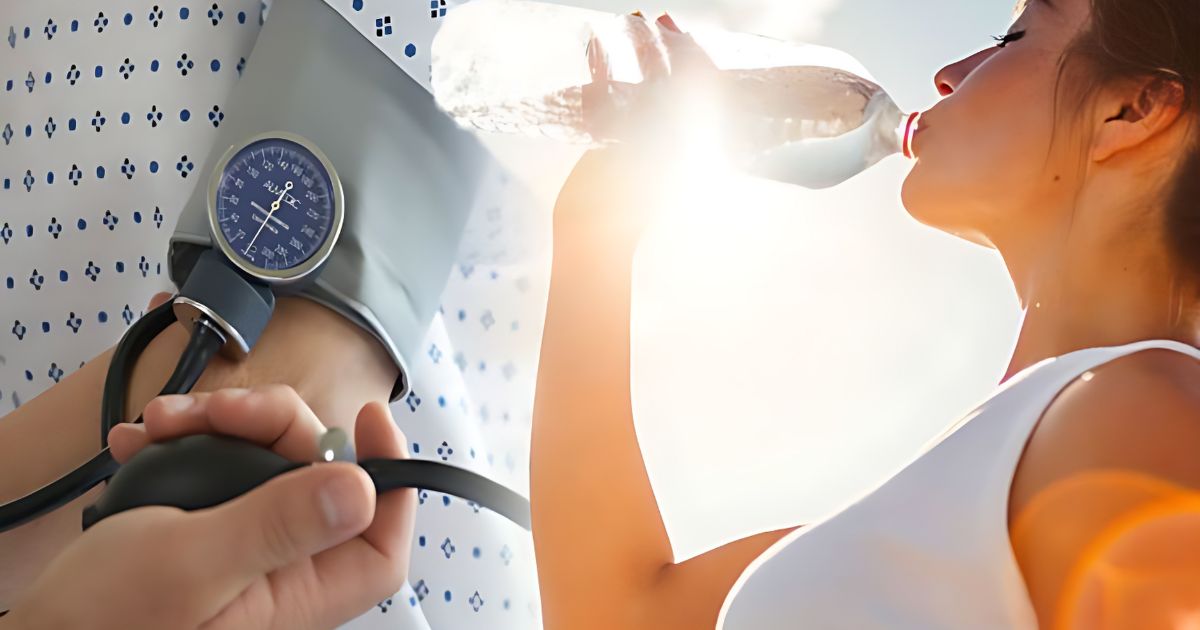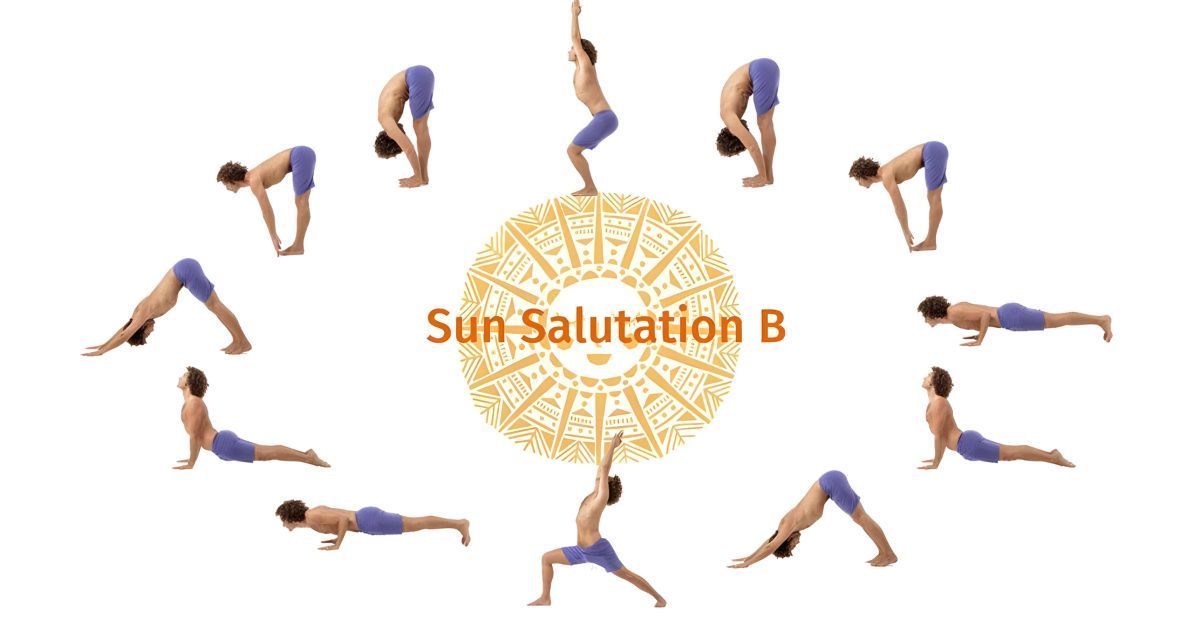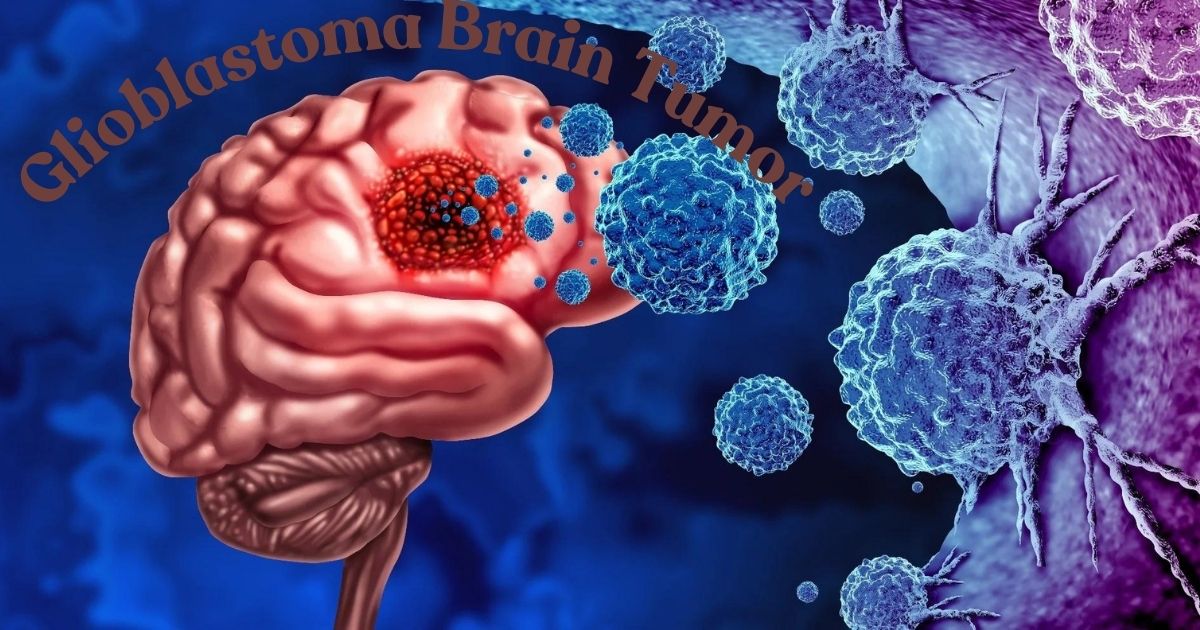Can Dehydration Cause High Blood Pressure? Understanding the importance of hydration for overall health is common knowledge. But did you know that dehydration can also impact your blood pressure? This article delves into the intriguing relationship between these two factors, shedding light on how a lack of fluids can disrupt blood flow and potentially lead to high blood pressure.
Read More: Digital News Planet
Can Dehydration Cause High Blood Pressure?
Your blood pressure is the force exerted by your blood against your artery walls. It’s measured in two numbers: systolic pressure (the force when your heart beats) and diastolic pressure (the force between beats). A healthy blood pressure typically falls within the range of 120/80 mmHg (millimeters of mercury).
When you’re well-hydrated, your body has the necessary volume of blood to circulate efficiently. This volume helps maintain healthy blood pressure levels. However, dehydration disrupts this balance. Here’s how it can affect your blood pressure and pulse:
- Decreased Blood Volume: When you lose fluids through sweating, urination, or other means, your blood volume naturally decreases. This decrease signals your body to compensate by:
- When your body senses a decrease in fluid levels, it releases a hormone called Vasopressin. This hormone signals your kidneys to hold on to water, reducing urine output. While this is a smart survival mechanism, it can also lead to more concentrated blood, potentially increasing blood pressure. Constricting Blood Vessels: Another compensatory mechanism involves narrowing your blood vessels. This allows your body to maintain blood pressure despite the decreased volume. However, persistently constricted blood vessels can lead to long-term blood pressure issues.
- Increased Blood Viscosity: Dehydration thickens the blood, making it harder for your heart to pump effectively. This increased effort can strain your circulatory system, potentially raising blood pressure.
- Electrolyte Imbalance: Electrolytes like sodium and potassium play a vital role in regulating blood pressure. Dehydration can disrupt this balance, further impacting blood pressure control.
It’s important to remember that dehydration-induced changes in your pulse and blood pressure are often temporary. As your body works harder to circulate thicker blood, your heart rate may increase to compensate. However, once you rehydrate, your pulse should return to normal, providing a reassuring sign of your body’s resilience.
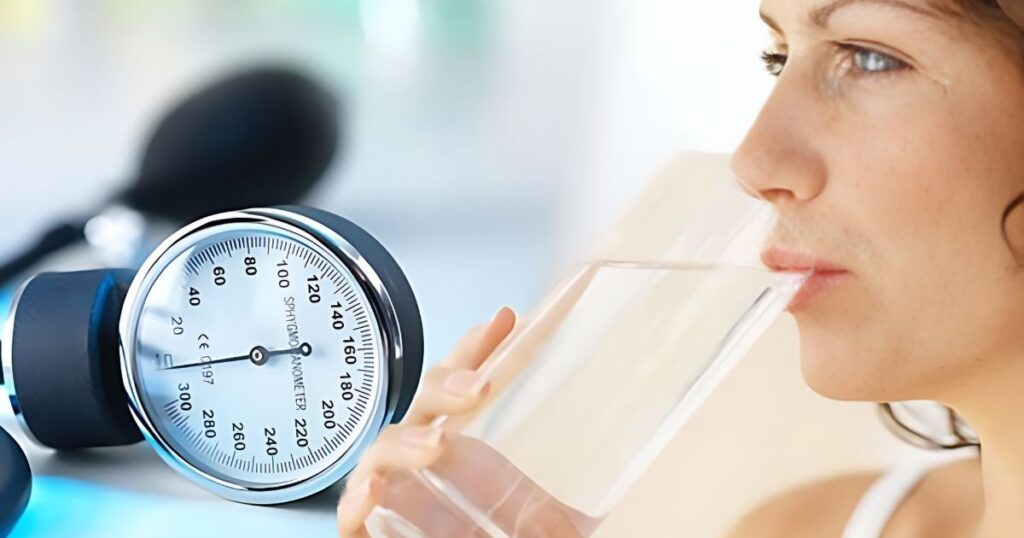
Dehydration and High Blood Pressure: A Complex Relationship
While research suggests a link between dehydration and temporary increases in blood pressure, the exact nature of this relationship is still being explored. Here are some key points to consider:
- Severity of Dehydration: The impact of dehydration on blood pressure likely depends on the severity of fluid loss. Mild dehydration may cause temporary fluctuations, while severe dehydration can lead to more significant blood pressure spikes.
- Individual Factors: Underlying health conditions, medications, and overall health status can influence how dehydration affects blood pressure. People with existing hypertension (high blood pressure) may be more susceptible to dehydration-related blood pressure increases.
- Long-Term Effects: Whether chronic mild dehydration can contribute to the development of chronic high blood pressure requires further investigation.
Here are some specific conditions where dehydration and blood pressure can be particularly concerning:
- Dehydration can be a particularly concerning issue for older people. As the body’s natural ability to regulate fluids declines with age, older adults are more prone to dehydration. This, coupled with potential age-related changes in blood pressure regulation, makes them more susceptible to dehydration-induced blood pressure issues. Dehydration During Pregnancy: Pregnant women have an increased blood volume to support the developing baby. Dehydration can disrupt this delicate balance, potentially affecting blood pressure and overall well-being.
It’s important to note that while dehydration is not the sole cause of high blood pressure, it is a factor that you can actively manage. Other factors like diet, exercise, stress, and genetics also play a significant role. However, by staying hydrated, you can take a crucial step in managing your blood pressure, especially if you are at risk.
Dehydration and Low Blood Pressure: The Other Side of the Coin
While dehydration can contribute to high blood pressure in some cases, it can also lead to low blood pressure, especially in individuals who are already hypotensive (have low blood pressure). This is because the decrease in blood volume due to dehydration can make it difficult for the heart to maintain sufficient pressure to circulate blood effectively.
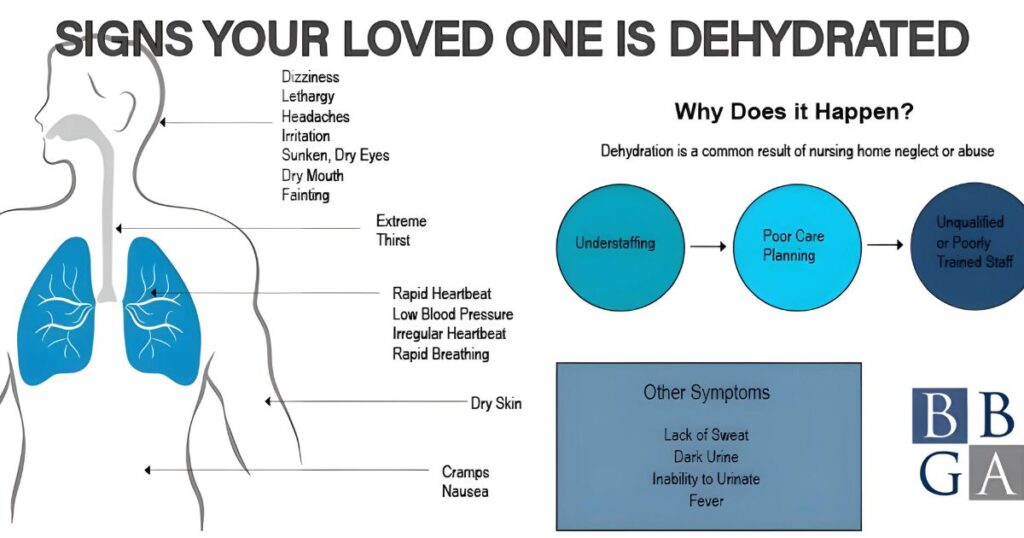
Symptoms of dehydration-induced low blood pressure can include:
- Dizziness
- Lightheadedness
- Fatigue
- Rapid heartbeat (palpitations)
- Confusion
If you experience these symptoms, especially in hot weather or after exercise, it’s essential to rehydrate promptly to prevent further complications.
Why Drinking Water Won’t Raise Blood Pressure
There’s a misconception that drinking too much water can raise blood pressure. However, there’s no scientific evidence to support this claim. In fact, adequate hydration is crucial for maintaining healthy blood pressure levels. Here’s why drinking water won’t raise your blood pressure:
- Regulation Mechanisms: Your kidneys have a remarkable ability to regulate fluid balance. Excess water is simply flushed out through urine, ensuring your blood volume remains within a healthy range.
- Short-Term Fluctuations: While some studies have observed temporary increases in blood pressure immediately after large volumes of water intake, these changes are short-lived and likely reflect the body’s initial response to processing the extra fluid. Blood pressure quickly returns to normal within a short period.
- Long-Term Benefits: Chronic dehydration, on the other hand, can contribute to high blood pressure. Studies suggest that staying well-hydrated can actually help lower blood pressure, particularly in individuals with existing hypertension.
Here are some potential mechanisms by which hydration may benefit blood pressure:
- Improved Blood Vessel Function: Dehydration can stiffen blood vessels, making them less flexible and increasing resistance to blood flow. Adequate hydration helps maintain vessel elasticity, promoting smoother blood flow and potentially lowering blood pressure.
- Reduced Sodium Concentration: Dehydration can lead to a more concentrated blood sodium level, which can contribute to high blood pressure. Drinking water helps dilute sodium levels, potentially reducing blood pressure.
- Improved Kidney Function: Proper hydration is essential for optimal kidney function. When kidneys function well, they can effectively remove waste products and regulate blood pressure.
Dehydration: Signs and Symptoms to Watch For
While mild dehydration may not cause noticeable symptoms, moderate to severe dehydration can manifest in various ways. Recognizing these signs can help you address dehydration promptly and prevent potential complications:
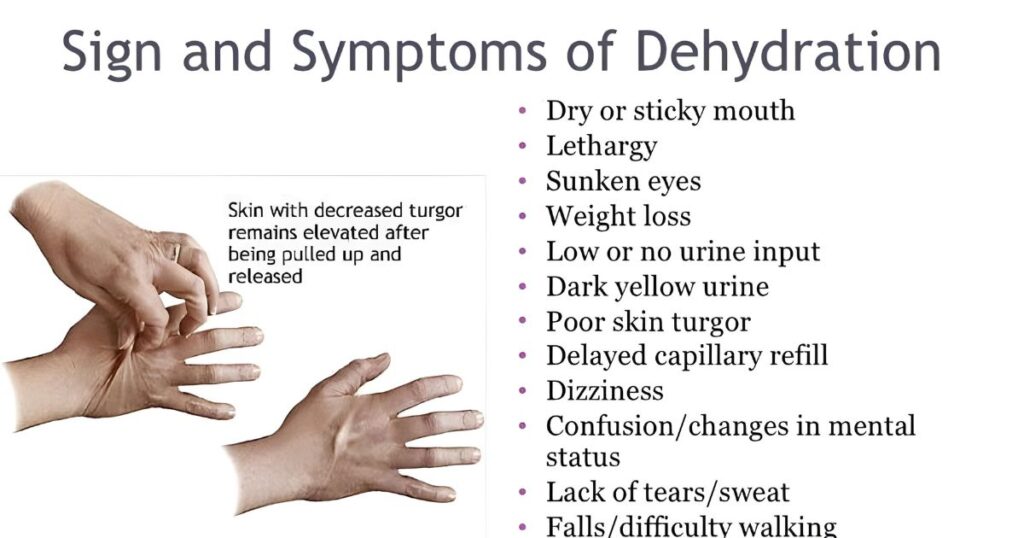
- Thirst: This is the body’s primary signal of dehydration. However, thirst can sometimes be dulled, especially in older adults or people with certain medical conditions.
- Reduced Urine Output: Decreased urination or dark-colored urine can indicate dehydration.
- Dry Mouth and Skin: Dryness in the mouth and on the skin are common signs of dehydration.
- Fatigue and Dizziness: Dehydration can zap your energy levels and lead to dizziness or lightheadedness.
- Headache: Dehydration can contribute to headaches.
Staying Hydrated: Tips for Optimal Health
Maintaining adequate hydration is essential for overall health and well-being. Here are some tips to help you stay hydrated throughout the day:
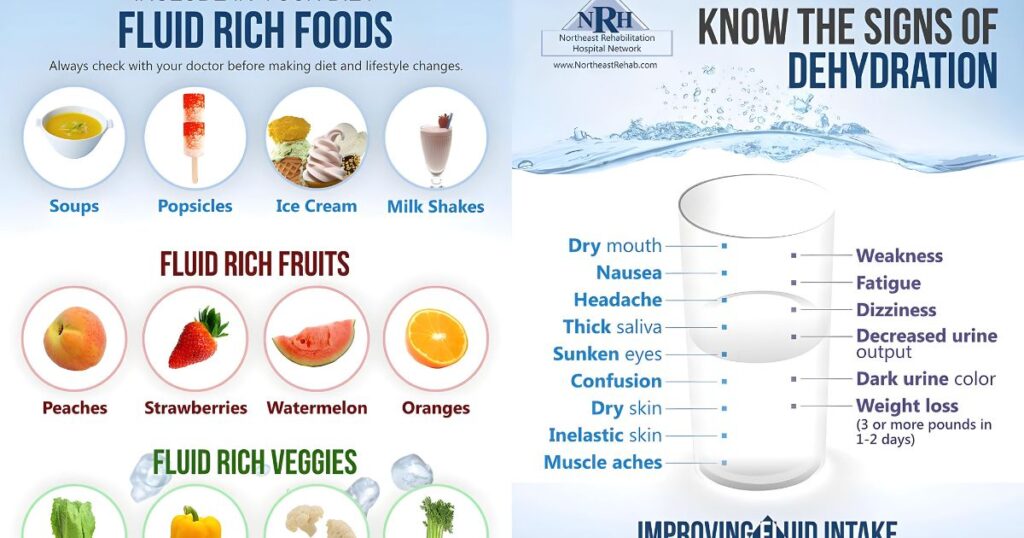
- Drink Plenty of Water: Aim for eight glasses of water daily. However, individual needs may vary depending on factors like activity level, climate, and overall health.
- Listen to Your Thirst: While eight glasses are a general guideline, it’s important to listen to your body’s thirst cues and adjust your water intake accordingly.
- Incorporate Other Fluids: Unsweetened herbal teas, low-fat milk, and even some fruits and vegetables can contribute to your daily fluid intake.
- Monitor Your Urine Color: Aim for pale yellow urine, indicating adequate hydration. Darker urine suggests dehydration.
- Carry a Water Bottle: Carrying a reusable water bottle can serve as a constant reminder to sip throughout the day.
- Hydrate During Exercise: Replenish fluids lost through sweat during exercise by drinking water or sports drinks at regular intervals.
By following these tips and staying mindful of your hydration needs, you can ensure your body has the necessary fluids to function optimally and potentially help maintain healthy blood pressure levels.
Conclusion
Dehydration can significantly impact blood pressure, raising it or lowering it depending on the severity and individual factors. While more research is needed to fully understand the long-term effects of dehydration on blood pressure, staying well-hydrated is a crucial aspect of maintaining overall health and well-being. Suppose you’re concerned about dehydration or its impact on your blood pressure. In that case, it’s always best to consult with a healthcare professional. They can assess your individual needs and provide personalized guidance.
FAQs;
1. Does blood pressure go up when dehydrated?
Yes, dehydration can cause temporary increases in blood pressure. Here’s why:
- Decreased Blood Volume: Dehydration reduces blood volume, prompting your body to constrict blood vessels and release hormones like Vasopressin to conserve fluids. This can lead to a temporary rise in blood pressure.
- Thicker Blood: Dehydration thickens your blood, making it harder for your heart to pump it effectively. This increased effort can strain your circulatory system and raise blood pressure.
2. Can drinking more water lower blood pressure?
Studies suggest that staying well-hydrated can contribute to lower blood pressure, particularly in individuals with existing hypertension. Here’s how:
- Improved Blood Vessel Function: Adequate hydration helps maintain blood vessel elasticity, promoting smoother blood flow and potentially lowering blood pressure.
- Reduced Sodium Concentration: Dehydration concentrates blood sodium, which can elevate blood pressure. Drinking water helps dilute sodium levels, potentially offering a blood pressure-lowering effect.
- Improved Kidney Function: Proper hydration is essential for optimal kidney function, which aids in regulating blood pressure.
3. How long does it take for blood pressure to go down after drinking water?
While research is ongoing, it appears that the effects of hydration on blood pressure are likely gradual rather than immediate. Focusing on consistent hydration throughout the day is more beneficial than relying on a single large intake of water for immediate blood pressure reduction.
4. What can I drink to lower my blood pressure quickly?
There’s no quick fix for lowering blood pressure with beverages. While some studies suggest certain drinks like hibiscus tea or low-fat milk may offer some long-term benefits for blood pressure management, they shouldn’t be relied upon for immediate reduction. If you have concerns about high blood pressure, consult a healthcare professional.
5. What to do if blood pressure is 160/100?
A blood pressure reading of 160/100mmHg falls into the category of Stage 1 hypertension. If you experience this reading, it’s crucial to seek medical attention from your doctor. They can assess your situation, recommend treatment options, and monitor your blood pressure.
6. How to naturally reduce BP?
Here are some natural ways to help manage blood pressure:
- Maintain a Healthy Weight: Excess weight strains the circulatory system and contributes to high blood pressure.
- Eat a Balanced Diet: Focus on a diet rich in fruits, vegetables, and whole grains while limiting processed foods, saturated fats, and added sodium.
- Exercise Regularly: Aim for at least 30 minutes of moderate-intensity exercise most days of the week.
- Manage Stress: Chronic stress can elevate blood pressure. Relaxation techniques like yoga or meditation can be helpful.
- Limit Alcohol and Caffeine: Excessive alcohol and caffeine consumption can contribute to high blood pressure.
- Stay Hydrated: As discussed earlier, proper hydration can help maintain healthy blood pressure levels.
7. Which fruits control blood pressure?
Many fruits are rich in potassium, a mineral that helps regulate blood pressure. Examples include bananas, oranges, cantaloupe, and berries.
8. Do bananas lower blood pressure?
Yes, bananas are a good source of potassium, which can help regulate blood pressure.
9. Can garlic lower blood pressure?
Some studies suggest garlic may offer mild blood pressure-lowering effects. However, more research is needed to confirm its effectiveness.
10. Is egg good for high blood pressure?
Eggs are a good source of protein and other nutrients. While not directly linked to lowering blood pressure, they can be part of a healthy diet that supports overall cardiovascular health.
11. Does lemon water bring your blood pressure down?
There’s no conclusive evidence that lemon water directly lowers blood pressure. However, staying hydrated in general can be beneficial, and lemon water can be a refreshing way to increase your fluid intake.
12. What is the 60-second trick to lower blood pressure?
There is no scientifically proven “60-second trick” for lowering blood pressure. Long-term lifestyle changes and potential medication (as prescribed by a doctor) are necessary for managing it.
13. How can I lower my BP in 5 minutes?
Unfortunately, there’s no safe and effective way to lower blood pressure significantly within 5 minutes. If you’re experiencing a hypertensive crisis (extremely high blood pressure), seek immediate medical attention.
14. How fast can blood pressure be lowered naturally?
Natural methods like dietary changes and exercise can help lower blood pressure over time, but it’s a gradual process.

